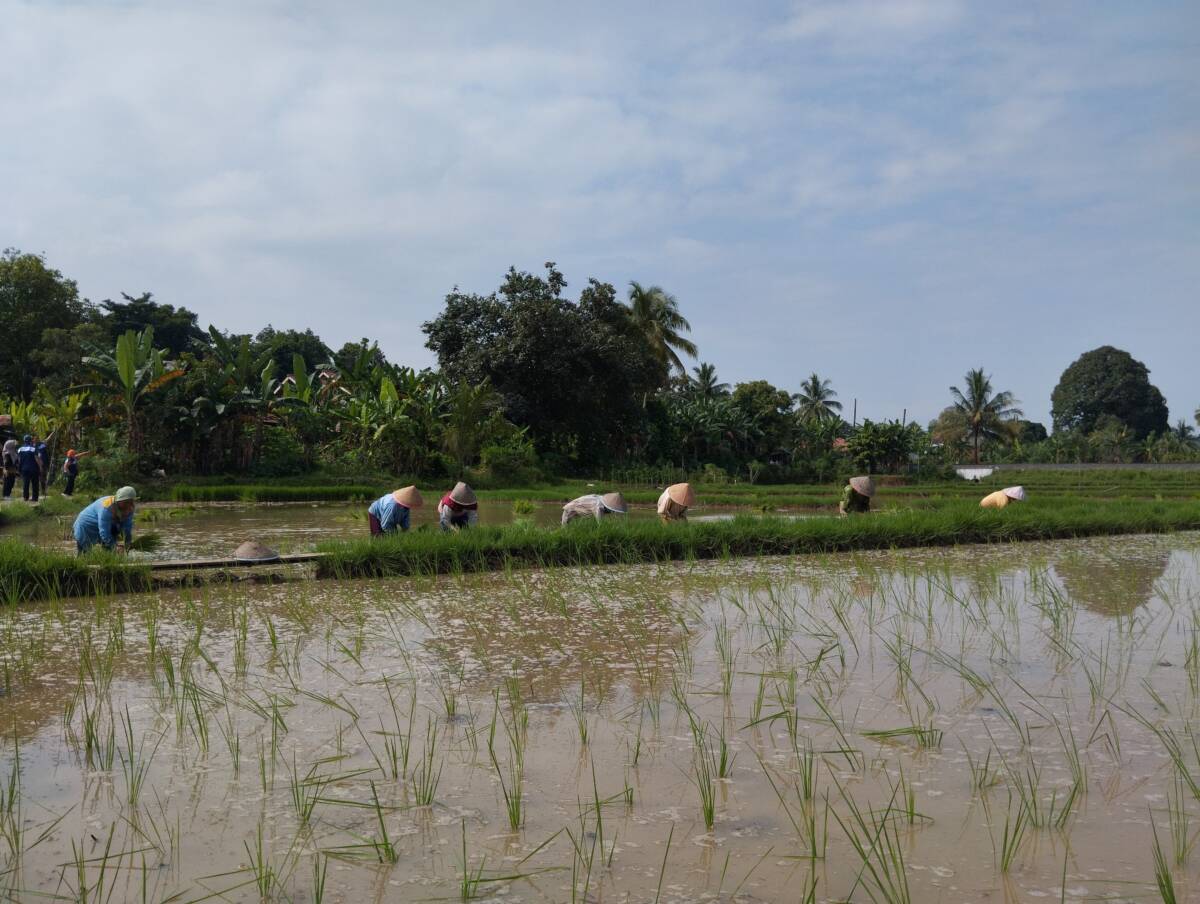Semarang, 24 June 2024 – Central Java Province experienced 629 disasters in 2023, these disasters are dominated by forest and land fires, extreme weather, landslides and floods. Rising earth temperatures and climate change are believed to be one of the causes of this phenomenon.
Concern about this situation was expressed by the Head of the Central Java Provincial Environmental Service, Widi Hartanto, during the talk show “Towards the World Environment Day Celebration” in collaboration with the Institute for Essential Services Reform (IESR) and the Central Java Provincial Environmental Service via the Radio Idola Semarang channel. He said the impacts of climate change were already being felt. For this reason, his party has created a policy framework that adapts to this climate change mitigation situation.
“The Central Java Provincial Government is formulating adaptive strategies and development such as the Regional Action Plan to reduce greenhouse gas emissions, as well as other initiatives such as the Climate Village Program, Independent Waste Villages, and other initiatives,” said Widi.
Climate change is an important issue to be handled seriously, because the domino effect is long and covers various aspects of people’s lives.
Haryono Setiyono Huboyo, Academician at Diponegoro University Semarang, explained that apart from disasters, climate change has at least made weather patterns unpredictable and disrupted farmers’ planting activities.
“The chain of consequences can go even further because when planting patterns are disrupted, harvests will fail and food supplies will also be hampered,” explained Haryono.
Anindita Hapsari, Agriculture, Forestry, Land Use and Climate Change Analyst at the Institute for Essential Services Reform (IESR) emphasized that erratic weather patterns and increasingly frequent repetition of hydrometeorological disasters are early indications of the impact of climate change.
Farming communities have to allocate additional costs due to the long drought caused by climate change. They pay more to get access to clean water, both for field irrigation and for household needs.
“One individual solution that we can do is to reduce the carbon footprint of our activities, such as making efficient use of energy, prioritizing the use of public transportation or walking, and also by sorting the food we consume, such as reducing red meat consumption,” said Anindita.
Anindita then explained that cattle farming produces methane gas which is one of the causes of greenhouse gasses.

